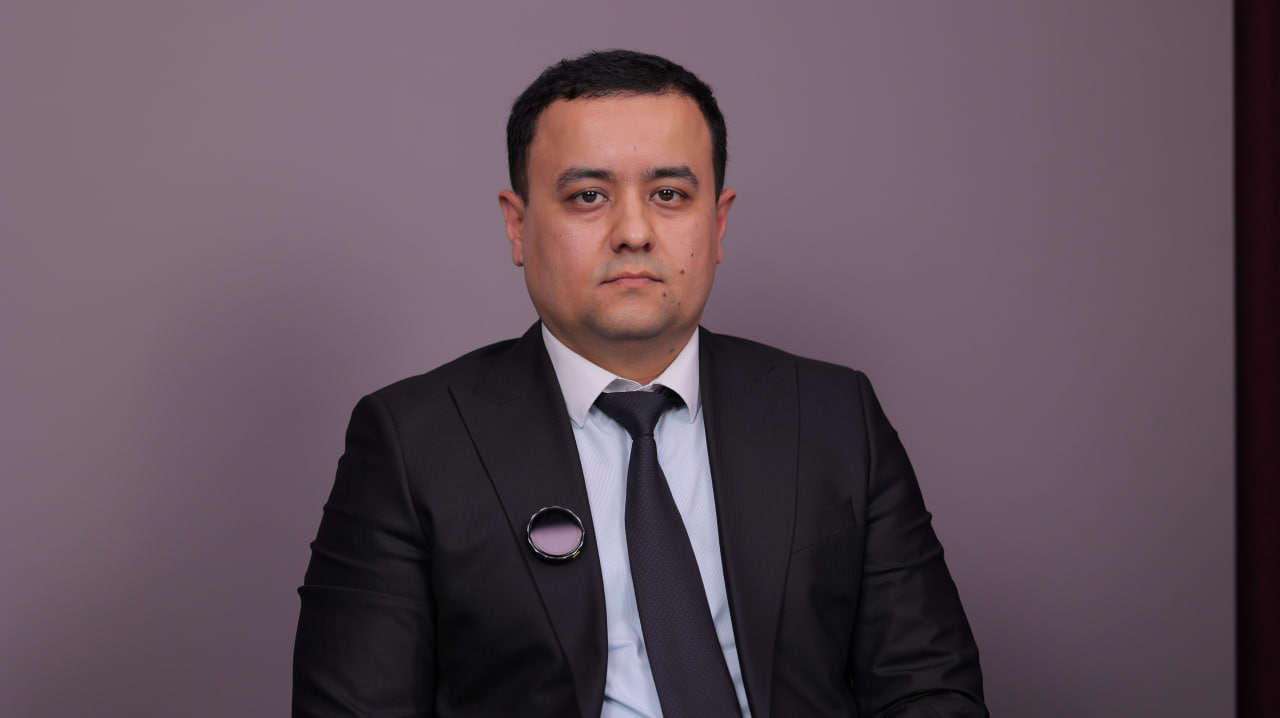The geopolitical landscape of the Middle East has reached a new phase of tension following the killing of Hamas leader Ismail Haniyeh by Israel in Tehran, Iran's capital. This incident has escalated the already volatile military-political situation in the region, prompting a direct response from Iran's Supreme Leader, Ali Khamenei, who has ordered a retaliatory strike against Israel.
According to CNN, citing Pentagon sources, Iran and its allies are expected to launch a large-scale attack on Israel within the next 72 hours. This development raises critical questions about the potential consequences of Iran's actions. Daryo sought insights from political scientist Farhod Karimov on this matter.

Karimov emphasized the heightened tension in the Middle East, noting,
"Today, the situation in the Middle East region is more tense than ever. The current political tension arose as a result of the war that began on October 7. The conflict between the countries that defended Palestine and Israel intensified. In response to the killing of Hamas leader Ismail Haniya in Tehran, the capital of Iran, Iran announced that it would deal a heavy blow to Israel. In response, Israel and the United States are concentrating their forces in the region and preparing for Iran's response. If Iran intervenes in the process, it will cause divisions in the whole world and a global conflict. Because Iran is not a group like Hezbollah and Hamas!"
He further added,
"I think that Iran follows a very pragmatic policy in this regard. If Iran is fooled by Israel's provocations and acts, the probability of war will increase. Maybe this is what Israel needs?! In this way, Israel involves the USA in this war. As a result, a global war will start."
Karimov also highlighted the broader regional implications of a potential conflict, particularly for Central Asian countries like Uzbekistan.
"And for the countries of Central Asia, this creates a big problem. Because Uzbekistan mainly accesses the sea through Iran. If Iran goes to war, it will cause the ports to be closed. As a result, Uzbekistan will be deprived of access to the sea."
The international dimension of the crisis is underscored by recent diplomatic engagements. U.S. President Joe Biden had a phone conversation with the Prime Minister of Israel. During this dialogue, Biden expressed concerns about the timing of Haniyeh's killing, suggesting it could escalate into a full-scale war in the Middle East. Biden noted that Israel did not inform him about the operation in advance and emphasized that the U.S. does not want the regional conflict to escalate further. The primary concern is that a major war in the Middle East could draw in other major powers, such as Russia and China, which are strategic partners of Iran.
Karimov reiterated the complexity of the situation for Iran, given its regional status and recent presidential elections, which have raised public expectations.
"One thing we should know is that Iran is a regional country. The presidential election was recently held. The people of Iran expect a lot from the new president. Therefore, the situation in Iran may change. Now, whether Iran responds or not, it will be in a difficult situation. That is, Israel and the West put Iran in an impossible situation."
Regarding Israel's preparedness for a potential war with Iran, Karimov observed,
"Israel itself is not ready for war with Iran. Therefore, for several years, it has been trying to involve the United States in this war. If America joins this conflict, it will suffer a lot. Not all NATO countries support this war."
Speculation is rife about Iran's expected retaliation.
"Iran's response is expected on August 5. But I think Iran will retaliate with missile attacks on Israel. That is, the probability of a direct war with Israel on land is very low. How ready is Iran for war? Because Iran has been living under sanctions for a long time. Russia and China can only help Iran with weapons. They cannot intervene directly in the conflict. If the scale of the war moves to Iranian lands, Iran may not be able to restore its territorial integrity."
Comments (0)